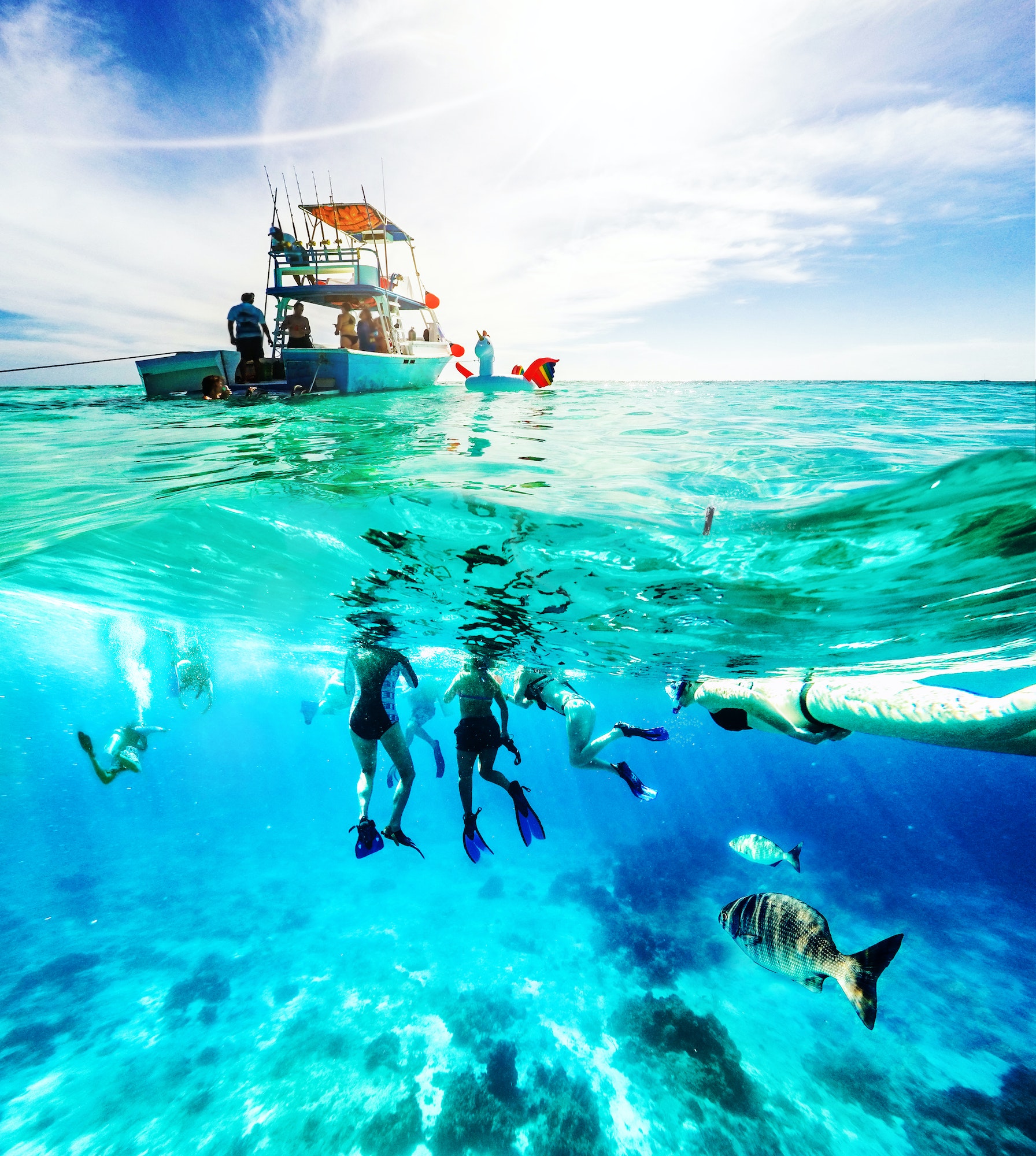If you’re a beginner in scuba diving, preparing for your first dive can be a daunting task. It takes a lot of training and experience, but once you’ve got the hang of it, you’ll be glad you took the plunge. While it may not be as exciting as you imagine, it’s a rewarding experience that will allow you to explore an amazing world beneath the surface. Scuba diving offers a unique opportunity to see a wide range of marine life, and a scuba instructor can help you identify exotic sealife.
The most common emergency that can occur while scuba diving is decompression sickness. This condition occurs when a diver is descending rapidly from a deep underwater location. The resulting nitrogen gas bubbles can damage body tissues and block blood vessels. Scuba divers should be aware of this disease because it affects the brain, spinal cord, and lungs. Severe cases can result in delirium, paralysis, or malfunction of the brain. When this happens, diving can be dangerous and the danger can be even greater if the divers get on a plane.
A typical scuba diving day begins at a dive shop at 8 am. After getting kitted up, they’ll board a small boat with a dive instructor. The boat ride will last about ten minutes, and the instructor will introduce you to the upcoming dive site. Once on the water, you’ll gear up and begin your 45-minute dive. The maximum depth of a scuba diving dive is 60 feet.
There are many common scuba diving accidents. However, despite the benefits of having a buddy system, many recreational divers assume that their dive guide will rescue them in an emergency. The truth is that there are no statistics on these types of accidents. Although diving is a very safe activity, many serious situations can happen without warning and without any compensation. In these situations, it is essential to know the risks and prepare for them. The best way to prepare for a dive is to make sure you’re comfortable with it.
Regardless of whether you dive in a group or solo, it’s a good idea to keep a log of every dive. The most common emergency scenarios involve a compromised air supply. If you’re diving with a dive leader, they’re usually trained to donate breathing gas to other divers. If this happens, they might also have an independent air source on hand. During a dive, if you lose your breath, it’s important to stay calm.
Tobacco Caye is a fantastic place to start your scuba diving trip. There are several other reasons to travel to Belize. The weather is great here, but there are also plenty of dangers. Scuba divers should wear a helmet and avoid high-stressed areas. The water temperature is also a big factor. Some people don’t breathe well. Therefore, they should have a tank with a deflating valve.
Besides scuba diving, there are other ways to participate in volunteer work and get paid. You can do volunteer work in a marine conservation organization or for a particular cause. Scuba divers can help protect turtles and other animals, which is another good reason for volunteer work in Belize. A dive center can provide volunteers with the training they need to find wildlife. In fact, many organizations hire scuba divers to do these tasks.
If you’re a beginner, you can start with a PADI Discover Scuba Diving course. This program will have you breathing underwater in no time. This course is not a scuba certification, but a great way to get familiar with Belize’s aquatic life. You can start the process by taking a class at a local scuba dive center or by visiting a PADI’s site. It will give you a sense of the world under the water.
While scuba diving is an excellent form of recreation, it can be dangerous for those with certain medical conditions. A dive instructor will make sure you follow all safety guidelines and make sure you have a safe dive. The PADI Discover Scuba Diving course is not a scuba certification course, but it’s a great way to learn more about the aquatic life of Belize. This program is ideal for those with limited budgets or who want to experience the thrill of scuba diving for the first time.




